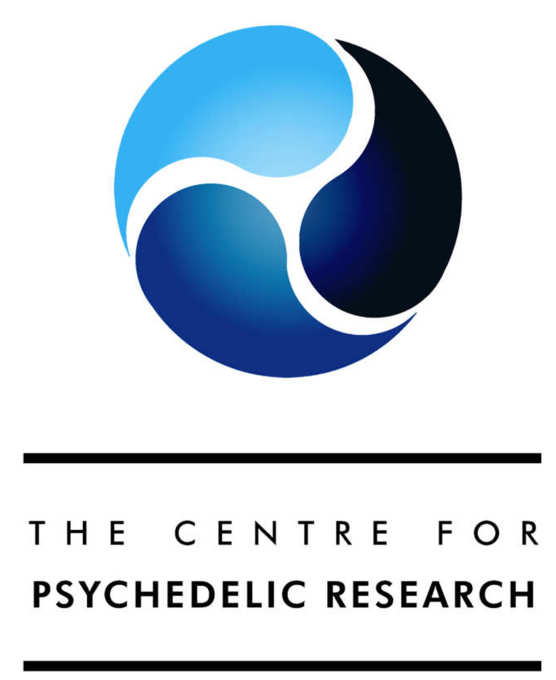BibTex format
@article{Brouwer:2024:10.1002/prp2.1217,
author = {Brouwer, A and Carhart-Harris, RL and Raison, CL},
doi = {10.1002/prp2.1217},
journal = {Pharmacol Res Perspect},
title = {Psychotomimetic compensation versus sensitization.},
url = {http://dx.doi.org/10.1002/prp2.1217},
volume = {12},
year = {2024}
}
RIS format (EndNote, RefMan)
TY - JOUR
AB - It is a paradox that psychotomimetic drugs can relieve symptoms that increase risk of and cooccur with psychosis, such as attention and motivational deficits (e.g., amphetamines), pain (e.g., cannabis) and symptoms of depression (e.g., psychedelics, dissociatives). We introduce the ideas of psychotomimetic compensation and psychotomimetic sensitization to explain this paradox. Psychotomimetic compensation refers to a short-term stressor or drug-induced compensation against stress that is facilitated by engagement of neurotransmitter/modulator systems (endocannabinoid, serotonergic, glutamatergic and dopaminergic) that mediate the effects of common psychotomimetic drugs. Psychotomimetic sensitization occurs after repeated exposure to stress and/or drugs and is evidenced by the gradual intensification and increase of psychotic-like experiences over time. Theoretical and practical implications of this model are discussed.
AU - Brouwer,A
AU - Carhart-Harris,RL
AU - Raison,CL
DO - 10.1002/prp2.1217
PY - 2024///
TI - Psychotomimetic compensation versus sensitization.
T2 - Pharmacol Res Perspect
UR - http://dx.doi.org/10.1002/prp2.1217
UR - https://www.ncbi.nlm.nih.gov/pubmed/38923845
VL - 12
ER -
